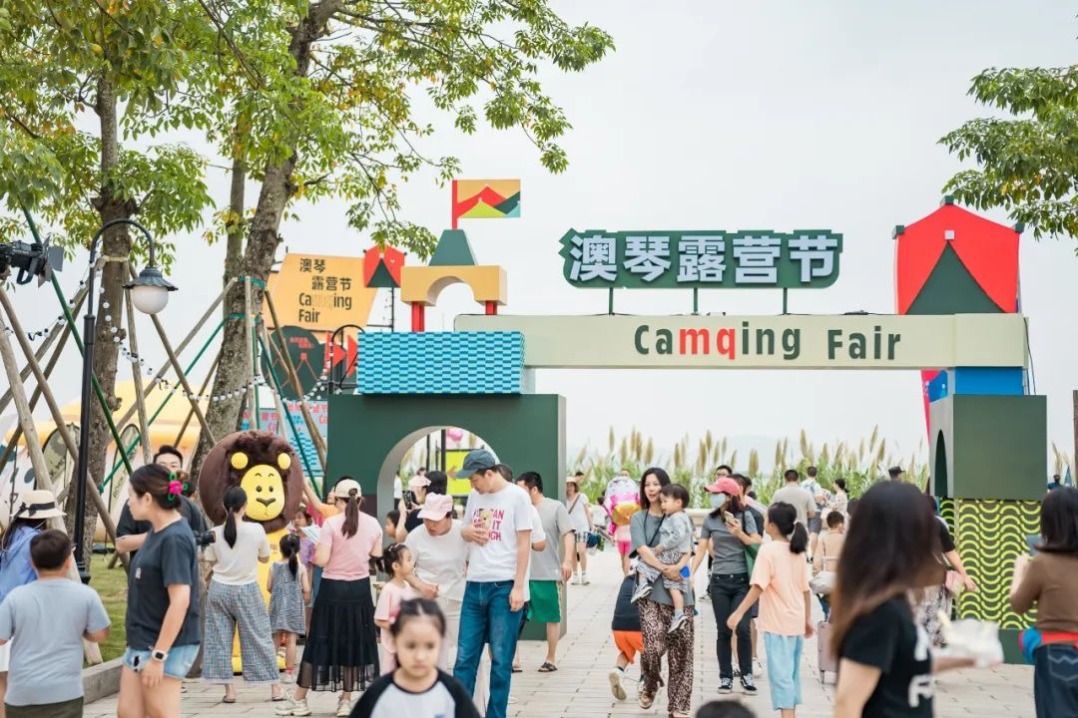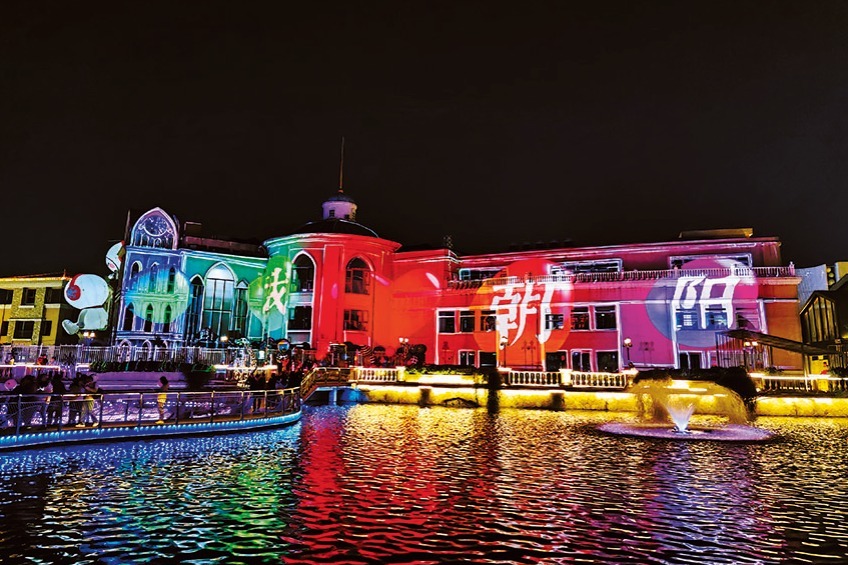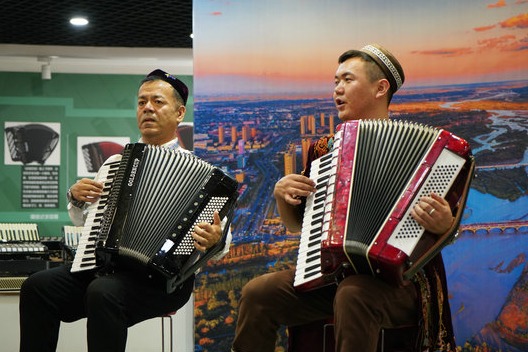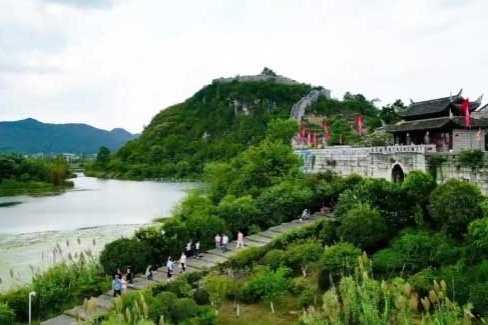A tale of two cities that beats great expectations

I was recently fortunate enough to have the opportunity to travel to both Suzhou and Nanjing in Jiangsu province. As an amateur student of history (which is just a more eloquent way of calling myself a nerd), I have always been fascinated with these two incredible cities and had extremely high expectations. Little did I know, those expectations would be blown out of the water by the true impressiveness of these two cities.
My first stop was in Suzhou. I was too excited planning out my trip on the plane to remember my phobia of flying. Upon landing and heading to my hotel, I realized that I was staying in the "industrial park" of Suzhou. I began to dread what the scenery around my hotel would be like. Bleak images of Dickensian factories billowing black smoke into the air flooded into my mind. Imagine my surprise when I arrived and found that my hotel was on the banks of a beautiful, pristine lake and the surrounding area was lush, green and clean. After talking to some people, I quickly learned that this is what is to be expected from this city and Jiangsu as a whole — a province that is rapidly growing in industrialization and innovation, while also preserving its lush landscape and precious past.
The following few days found me floating down the ancient canals in the "Old Town" district of Suzhou, visiting its gorgeous, historic gardens (which have rightfully been awarded the title of UNESCO world heritage sites), exploring the many markets of the city and taking advantage of every opportunity I could to eat delectable Suzhou cuisine. I found myself overwhelmed by the infectious energy that surges through the city, much like currents of fresh water flowing through its numerous canals. This "energy of Suzhou" is represented best by its people. Suzhou people have enormous reverence for their city's history, which is well over 2,000 years old, while also having an innovative eye on the future. Suzhou served as a key trading hub for much of China's history, drawing in scholars, engineers and merchants from all over the country for thousands of years.
When it came time for me to leave Suzhou and travel to Nanjing, it was with a heavy heart, as I had become infatuated with the city. Little did I know that I would find Nanjing to be equally impressive in nearly every aspect. It became clear to me that the mindset of modernization with deep respect toward preserving the past wasn't unique to Suzhou but was an indicative factor of Jiangsu province as a whole, as Nanjing was modernizing in the same way. Gorgeous high-rises decorate the city's skyline, creating a stark and impressive dichotomy to the many ancient neighborhoods, temples, and buildings that were inhabited by a bustling and energetic populace.
Nanjing was labeled as a UNESCO city of literature in 2019 and for good reason! The city has a long history as one of China's literary capitals, and that reverence for literature is still ever present in the city today. As I explored the city, I was presented with some of the most interesting and beautiful bookstores I have ever seen, from the Librairie Avant-Garde, which was built in a converted underground parking lot, to the many 24-hour book "cafes" that are all over the city. Not only is there a bookstore for every aesthetic, but they are filled with patrons, both young and old, on the hunt for their next novel.
The entirety of Jiangsu is a true treasure of China, a province that manages the difficult balance of innovation and preservation. I eagerly await what prodigious accomplishments it will surely achieve next.
Contact the writer at [email protected]


































